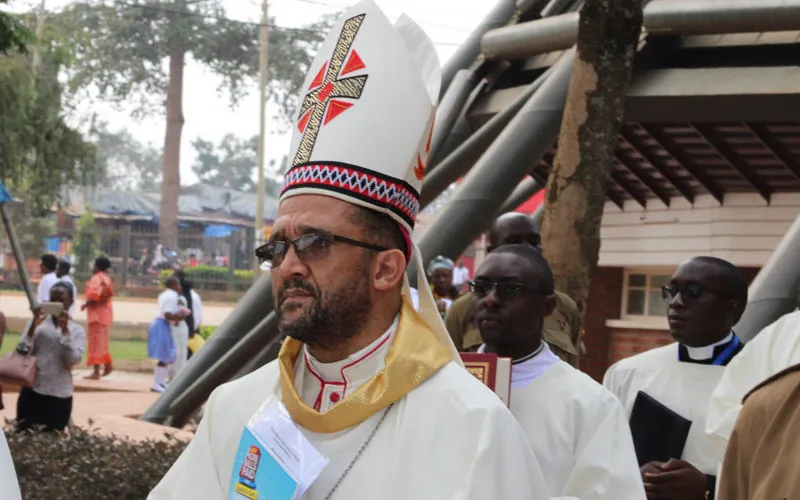The government failed to implement a clear plan to deal with the pandemic, a challenge that was exemplified in the handling of the R500 COVID-19 relief package, he said, adding that there seems to be no strategy in rolling out the COVID-19 vaccine.
“While I note the incapacity of the government to implement the good plan to deal with Covid-19, we too as Church have not done well to respond to the needs of COVID-19 crisis,” SACBC President said and added, “We could not say to the government, give it to us and we will implement it.”
He observed that while the leadership of the South African Council of Churches (SACC), “had great ideas,” on handling COVID-19 “at grassroots level we could not implement, mainly because of the lack of effective ecumenical structures.”
“As we get into the 2nd wave of COVID-19, the main concern is that people have let down their guard on health protocol at a stage where the virus is reported to be 50% more lethal than during the 1st wave,” Bishop Sipuka said during his January 26 address.
He added referencing the citizenry, “They mistake the relaxed regulations for reduction of virus infection, whereas the opposite is true. In the first wave the virus was less potent and there was space in the hospital; during the 2nd wave the virus is more lethal with no space in the hospital.”
(Story continues below)
“As we grapple with the effects of COVID-19 pandemic, may God guide us with his wisdom to make a contribution that will lead to effective elimination of this virus and lead to resumption of a life of dignity for all,” Bishop Sipuka implored at the beginning of the virtual SACBC Plenary Assembly in which Catholic Bishops in Zimbabwe are participating.
On his part, the Apostolic Nuncio in South Africa, Archbishop Peter Bryan Wells said that he has been concerned about the “well-being of the people of the Southern African countries” amid COVID-19 pandemic, including “how to bridge the gap, to heal the physical and spiritual wounds of uncertainty and anxiety.”
“Many people from the region have personally reached out to me to voice their frustration and anxiety with what has been happening,” the representative of the Holy Father in South Africa said.
With the second wave of the pandemic leading to closure of churches in Southern Africa, “there is the urgent need to address not only the physical needs of the flock but more importantly the interior or spiritual life of the people,” the American-born Archbishop who also represents the Holy Father in Botswana, Swaziland, Namibia and Lesotho said January 26.
Amid COVID-19 challenges, “Turning to God does not mean we deny the role of government in handling public health emergencies. It means acting as the Church has always done, with common sense, wisdom, charity, but, above all, with faith and confidence,” Archbishop Wells added in his address to SACBC members.








